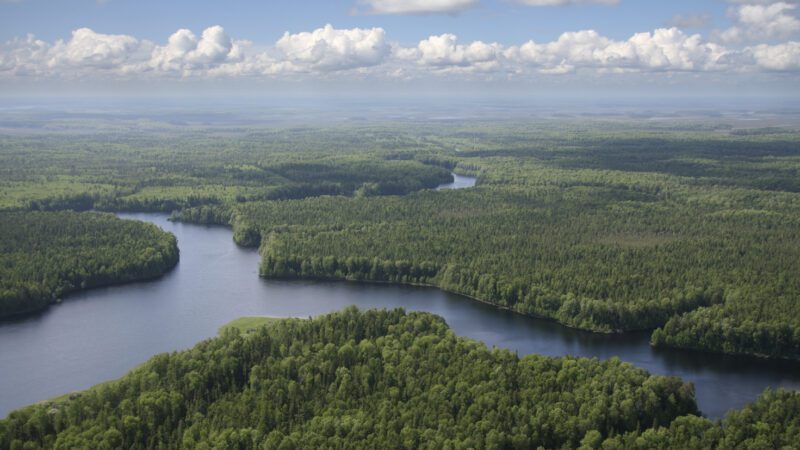Stand.earth responds to new IEEFA briefing on weaknesses of RBC’s climate policies
August 29, 2023
Traditional territories of the Ho-de-no-sau-nee-ga (Haudenosaunee), Anishinabewaki ᐊᓂᔑᓈᐯᐗᑭ, Mississaugas of the Credit First Nation, Mississauga, and Wendake-Nionwentsïo First Nations (so-called Toronto, Ontario, Canada) – Today, the Institute for Energy Economics and Financial Analysis (IEEFA) issued the first briefing in a series of papers revealing the gaps and weaknesses in Royal Bank of Canada’s (RBC) climate policies. The paper hones in on the misalignment between RBC’s rhetoric and its financing and management, and opens a door of opportunity for RBC to embark on sustainable investment free from fossil fuels.
In response, Richard Brooks, Stand.earth Climate Finance Director, said:
“There’s no place for fossil fuels in a real sustainable investing approach. IEEFA’s latest paper offers a clear synopsis of how RBC talks a big talk on climate publicly while still funding the fossil fuel machine. While our communities pay the costs of climate chaos like fires, floods, deadly heat and smoke, RBC executives lay off workers and rake in more profit. It’s time to cut the corrupt financial web between Canadian banks and fossil fuels once and for all, and reinvest in climate-safe solutions.”
RBC is currently under investigation by Canada’s Competition Bureau, the federal government advertising and competition watchdog, for allegedly greenwashing its advertisements. Just days ago, The Canadian Press revealed that Canada’s Big Six banks increased the number of fossil fuel financing deals in 2023 so far compared to last year.
IEEFA’s paper reads:
“The most important weakness of RBC’s framework is that it does not integrate its sustainable investments as part of the bank’s fossil fuel investment policies.” [page 7]
RBC has gone so far as to hire a new “Head of Climate Transition” to “implement effective and lasting responses to Climate Activism.” In other words, continue greenwashing, and squash public demands for investment in climate-safe solutions.
Canada’s Big Six banks have financed fossil fuels to the tune of over $1 trillion since the Paris agreement was adopted, with RBC taking the world’s top spot for 2022. This includes increasing financing for extreme energy like tar sands, fracking, and coal, and bankrolling Indigenous-sovereignty violating money-pits including TC Energy’s Coastal GasLink pipeline (opposed by Wet’suwet’en Hereditary leadership) and the now-Canadian taxpayer-owned TransMountain expansion project (TMX).
###
Media contact:
Kourtney Dunning, Climate Finance Communications Specialist – kourtney.dunning@stand.earth, (Mountain Time)



